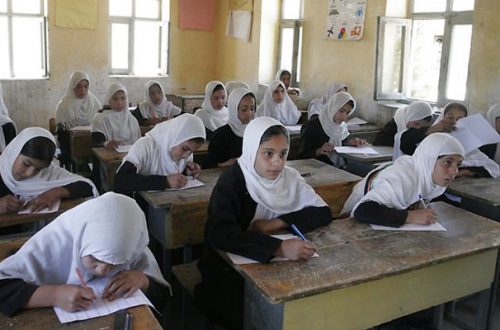As the death of the 300th British soldier killed in Afghanistan was announced by the Ministry of Defence, Robert Fox asks the question on CiF is there an end in sight, but doesn’t go on to answer his own question.
Yes casualties continue to increase and it is easy to think that there is no end. The British and Americans continue struggle militarily even after the influx of 30,o00 additional US troops and face the exit of almost 5,000 Dutch and Canadian troops and the hole they will leave behind.
General Stanley McChrystal called Marjah where those newly arrived US troops are fighting a “bleeding ulcer”.
Likewise Britain, despite success in Nad Ali, is finding Sangin, where the bulk of recently casualties have come, very costly. The Observer reported yesterday that the rate at which British soldiers have been killed in Afghanistan is almost four times that of their US counterparts. David Cameron has told us to expect more casualties.
Talk that the US might begin to pull out troops by next summer were played down by US defence secretary Robert Gates. He told Fox News yesterday that “The pace in — with which we draw down and how many we draw down is going to be conditions-based”. There is in that answer some hope.
However, at it does seem now that the pace is slow and the conditions are not immediately improving. Reports point to violence in Afghanistan getting worse while the determination of various members of the coalition to stay the course is waning. The 2,000 troops leave in August and the 2,800 Canadians go next year.
With major European players France and Germany showing no signs of offering further support there are never going to be enough troops. There is never going to be a military victory. We have as many troops in Afghanistan as the Russians did in the eighties.
Fox in his piece echoes the question that General David Petraeus asked of Iraq in 2003: ‘how will this all end?’. It is the closest he comes to pointing to the end game in Afghanistan, which will hopefully takes us closer to a political solution that will see reduced levels of violence and an eventual long term peace.
The process for that was begun finally in earnest earlier this month when trial leaders endorsed President Hamid Karzai’s plan to talk to moderate elements of the Taliban.
But that can only be done, as British army chief General Sir David Richards said in January, from a position of strength.
Fox oddly doesn’t mention Taliban talks in his post, but in a piece in the FT today Richard Barrett, the co-ordinator of the UN al-Qaeda/Taliban monitoring team, admits that while that Karzai’s reconciliation policy will not lead to an early end to the violence he does say it will reduce it and thus allow coalition forces to retire into the background, which is where we all want them to eventually be.
